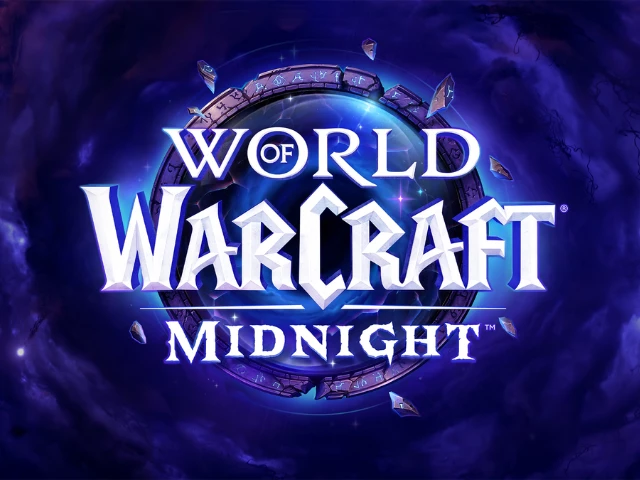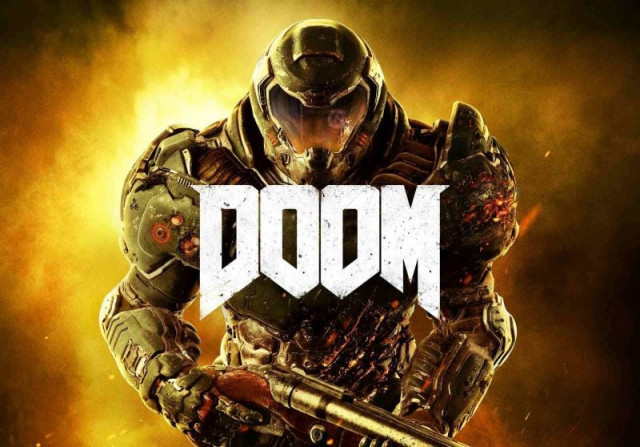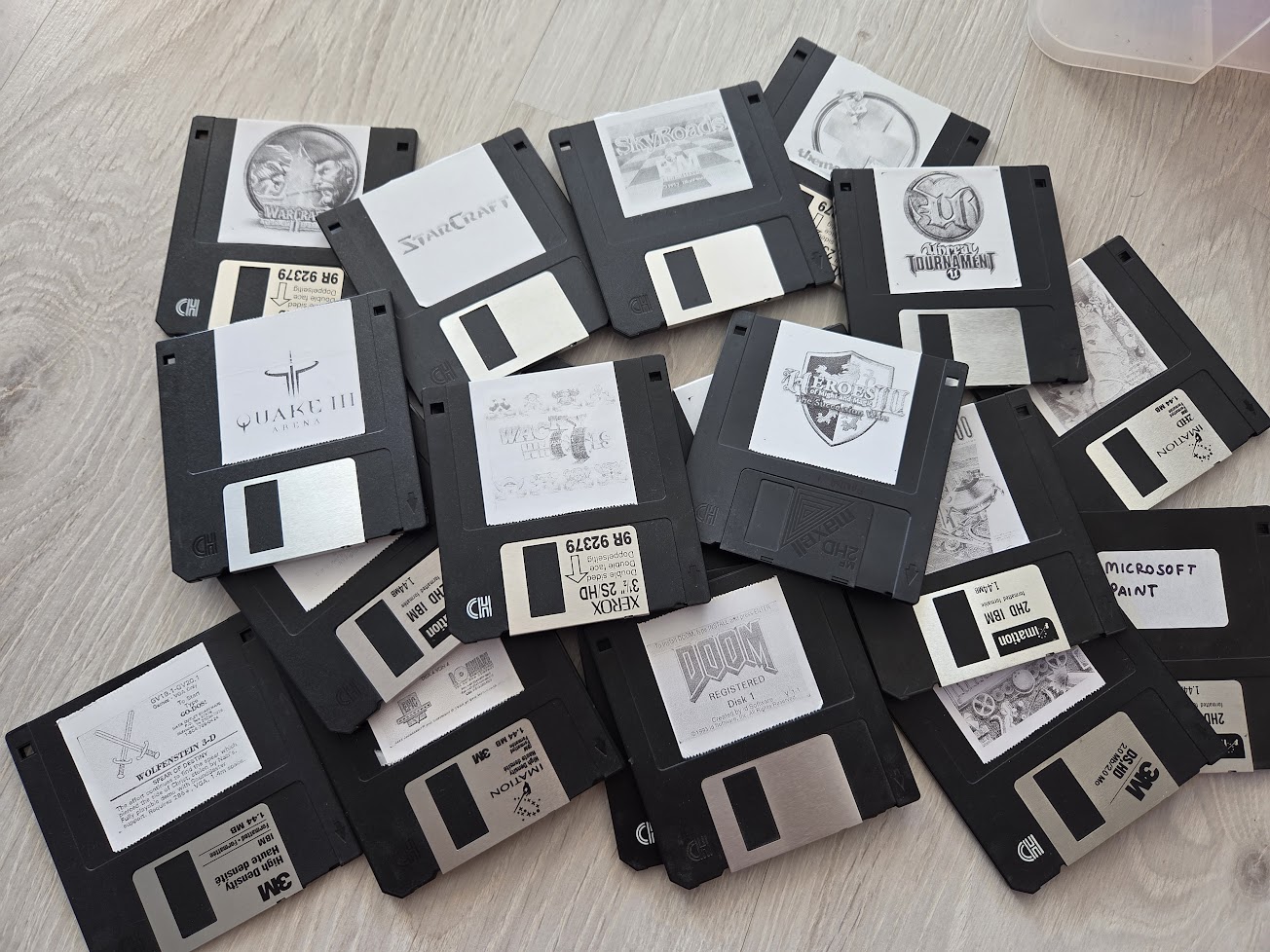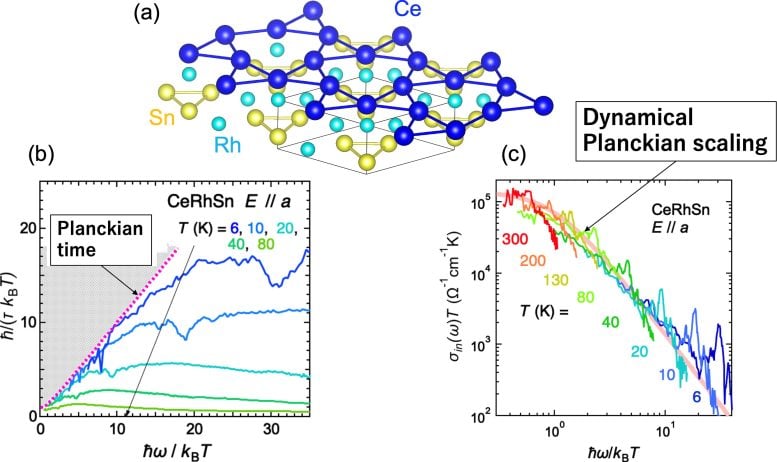Do not keep these apps.
AFP via Getty Images
Republished on August 30 with new deletion update for Play Store apps.
Google has now confirmed the deletion of 77 malicious apps from Play Store. But this is just the tip of an alarming iceberg. In the last year, Google removed “nearly four million apps, equating to approximately 11,000 app removals per day.”
The data comes courtesy of Surfshark and has been confirmed by Google through its Play Store “transparency reports and supplemental data files.” Surfshark says more than half of the removals were due to “data protection and privacy policy violations.”
Last year, Google promised to clean up Play Store, a move which has led to the purge of millions of apps. In just the first few months of 2024, Play Store lost almost half its apps due to policy enforcement. And it turns out that in 2024 Google was just getting started.
In addition to deleting apps, “Google reported terminating approximately 155,000 developer accounts in 2024.” And that was just on Play Store. The new mandate for developers to be verified is being extended to sideloading. That means only developers meeting Google’s criteria can release apps for certified Android phones.
Google advises that “if you are looking for an app that is no longer available on Google Play,” it may be because the developer has withdrawn it, but it’s more likely that it has violated Google’s policies and was “removed or suspended from Google Play.”
That’s where it gets interesting. Google warns that even “if an app is removed’ from Google Play “it will not be removed from your device.” This means “you can continue to use the app. However, you will not be able to update your app.”
Google’s Play Store deletion
Surfshark
If the app is deemed dangerous, it may trigger a Play Protect warning and a prompt to delete it. But most apps removed from Play Store will still be on your phone. If you see that an app cannot update because it’s no longer on Play Store, remove it. Even if it’s not dangerous, it cannot be updated and so any security fixes cannot be applied.
Similarly, you should purge your phone of apps you no longer use or need (or both). As Surfshark says, “the responsibility falls on users to practice safe downloading habits. This includes checking app permissions, reading reviews, and sticking to well-known developers.” If an app has been removed from the store, remove it from your phone.
“This is a staggering digital purge that goes unnoticed by the public,” Surfshark told me. “While it may create the illusion that every app we download is safe, the reality is a bit more complex.” Don’t leave these apps on your phone.
Meanwhile, removing apps is about to get easier, Per Android Authority, “Google is testing an ‘Uninstall’ button directly within individual app listings in Play Store. This button,” it says, “will make it easier to remotely uninstall apps from other devices.”
Currently you can remotely install apps on other devices. But when it comes to uninstalling apps, it’s more painful than it should be. You need to visit “Manage apps & devices” and then select the list of apps installed on one of your devices. The use the trash icon as required to remove them ones by one.
The pre-release code suggests a dedicated Uninstall button on each app listing. But there’s a catch, Android Authority says. “If you want to remotely uninstall multiple apps, the currently existing method is still easier and straightforward.”
As for the new set of deletions, Zscaler’s ThreatLabz team says “the latest variant of Anatsa targets over 831 financial institutions worldwide.” It has “identified and reported 77 malicious apps from various malware families to Google, collectively accounting for over 19 million installs.” These are the latest apps Google has confirmed removed.









